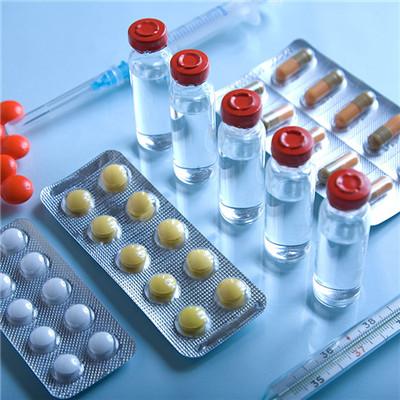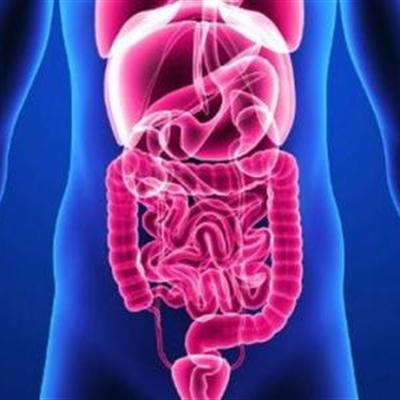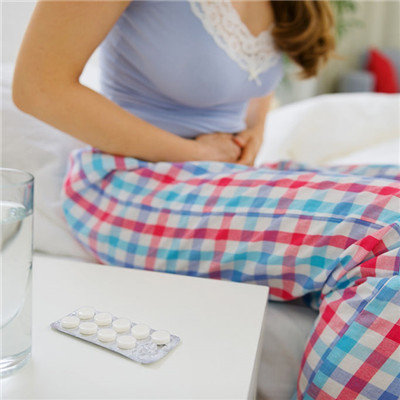The clinical manifestation of normal menstruation?
summary
Women always have a few days of manic anxiety, emotional fluctuations, easy to get sick, then as a woman in the face of the above problems will ignore the small details, only their close relationship to detect the recent emotional contrast. The clinical manifestation of normal menstruation? Let's talk about it
The clinical manifestation of normal menstruation?
Menstrual symptoms: menstrual general no obvious discomfort. A small number of women may have the feeling of backache and lower abdominal distension, accompanied by mild diarrhea or constipation. This is due to pelvic congestion during menstruation. Due to the imbalance of cerebral cortex during menstruation and the fluctuation of hormone levels, some women will have different degrees of systemic reactions. Such as dizziness, headache, drowsiness, restlessness, emotional excitement and breast pain.

Menstrual blood volume: normal menstruation lasts about 2-7 days, blood volume is generally 35-58 ml, usually in the first 2-3 days of menstruation, menstrual blood volume is the most. The normal color of menstrual blood should be dark red, the color is lighter at first, then gradually deepened, and finally turned to light red and clean. In addition to blood, menstrual blood also contains endometrial debris, cervical mucus and vaginal epithelial cells. Generally, it is normal to use 3-5 pieces of sanitary napkins daily during the day. It is normal to take 1-2 tablets at night.

Menstrual cycle: women generally around the age of 13 will have their first menstruation, from the first day of menstruation to the first day of next menstruation, called a menstrual cycle. A menstrual cycle in 20-36 days are normal. The period of most people in their 20s is 28 days, and the difference of 3-7 days is normal. The vast majority of people between 28-35 days, but there are a few people as short as 20 days or as long as 45 days a cycle, in the above range, as long as the menstruation is regular, are normal.

matters needing attention
Due to the dissipation of menstrual blood, menstrual period needs more adequate nutrition; Diet should be light and mild, easy to digest, do not eat too cold, cold blood coagulation, easy to cause dysmenorrhea, and menorrhea or sudden interruption. Don't eat spicy, fragrant and dry food to reduce uterine congestion. Drink more boiled water, eat more fruits and vegetables, and keep your stool unobstructed.












